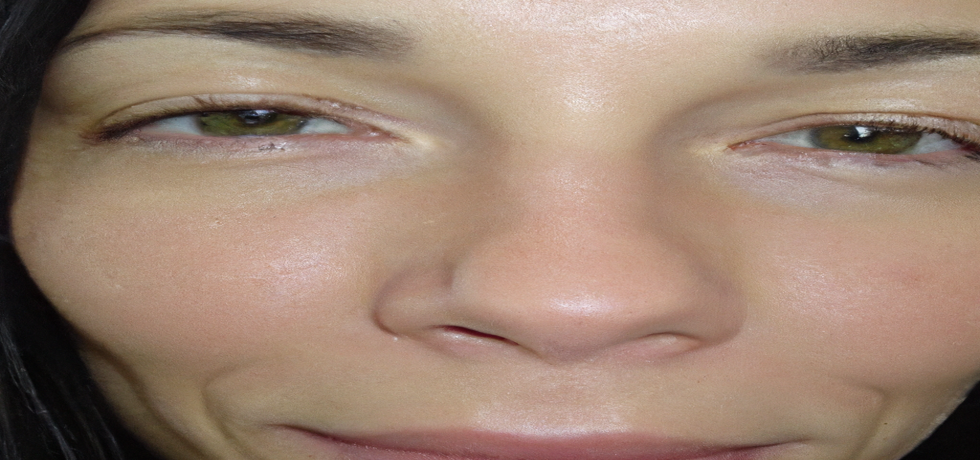
Exploring the Link Between Melasma and Hormonal Imbalance
Understanding Melasma
Melasma, a skin condition marked by dark patches on the face, is a common concern faced by many individuals, particularly women. This condition often appears due to various factors, including sun exposure, certain medications, and notably, hormonal imbalances. In this blog, we will delve into the intricate relationship between melasma and hormonal imbalance, shedding light on its causes, risks, and treatment options.
Types of Melasma
Melasma can manifest in different forms, determined by the depth of the pigment within the skin. The three main types include epidermal, dermal, and mixed melasma. Epidermal melasma is characterized by dark brown patches with well-defined borders, while dermal melasma presents as lighter brown or bluish spots with irregular edges. Mixed melasma exhibits a combination of both. Understanding these types can help in creating more effective treatment plans for melasma.
Causes Behind Melasma
While the definitive cause of melasma remains elusive, several factors are believed to contribute to its development. Among these, hormonal fluctuations play an essential role. Conditions such as pregnancy, where estrogen and progesterone levels surge, often lead to melasma outbreaks. Additionally, sunlight exposure, thyroid issues, and even stress-induced hormonal changes can exacerbate the condition. Recognizing these triggers is key to managing melasma effectively.
Who is at Greater Risk?
Women represent around 90% of all melasma cases, particularly those with darker skin tones. Pregnant women and those on hormonal contraception also face a higher inclination toward developing melasma. The condition is not strictly limited to specific demographics, but understanding the risk factors can aid in both prevention and early intervention.
Hormonal Imbalance and Melasma Connection
The relationship between melasma and hormonal imbalance is well-documented. Specifically, female sex hormones such as estrogen and progesterone can trigger the skin’s melanocytes to produce excess melanin when exposed to sunlight. This overproduction leads to visible dark patches on the skin, causing the melasma condition to worsen. Thus, managing one’s hormonal levels can be a proactive approach to melasma treatment.
Effective Treatment Options
Treatment for melasma often involves addressing the underlying hormonal imbalance. For many, the condition may resolve on its own postpartum or upon discontinuation of birth control methods. However, for persistent cases, treatment options may include chemical peels, microdermabrasion, and topical creams specifically formulated for melasma. Consulting a dermatologist is critical to determine the most suitable approach, taking into account individual skin conditions and hormonal health.
Conclusion
If you suspect that hormonal imbalance is contributing to your melasma, its essential to seek professional guidance. For personalized treatment strategies, consulting a dermatologist can result in tailored advice and interventions. At The Skin Artistry, our experienced team is dedicated to helping you manage melasma and enhance your skin’s health.
Frequently Asked Questions
Is melasma treatable?
Yes, melasma treatment options are available, and many individuals experience significant improvement with the right approach.
Can hormonal changes trigger melasma?
Absolutely. Hormonal fluctuations, particularly in estrogen and progesterone, can lead to the onset of melasma.
How can I prevent melasma from worsening?
Protecting your skin from sun exposure and managing stress can help in preventing worsening of melasma.
Yes, melasma treatment options are available, and many individuals experience significant improvement with the right approach.
Can hormonal changes trigger melasma?
Absolutely. Hormonal fluctuations, particularly in estrogen and progesterone, can lead to the onset of melasma.
How can I prevent melasma from worsening?
Protecting your skin from sun exposure and managing stress can help in preventing worsening of melasma.
For professional assistance and expert advice from leading dermatologists like Dr. Hital Patel, experience the benefits of exploring the link between melasma and hormonal imbalance with Hair & Skin Specialist Dr. Hital Patel at The Skin Artistry. Our clinics in PDPU Gandhinagar, Vastrapur Ahmedabad, and Hyderabad (Visiting Consultant) offer top-quality care and personalized treatments. Visit us today to learn more about our services and take advantage of our special offers! For more insights, updates, or to collaborate, stay connected with The Skin Artistry.

